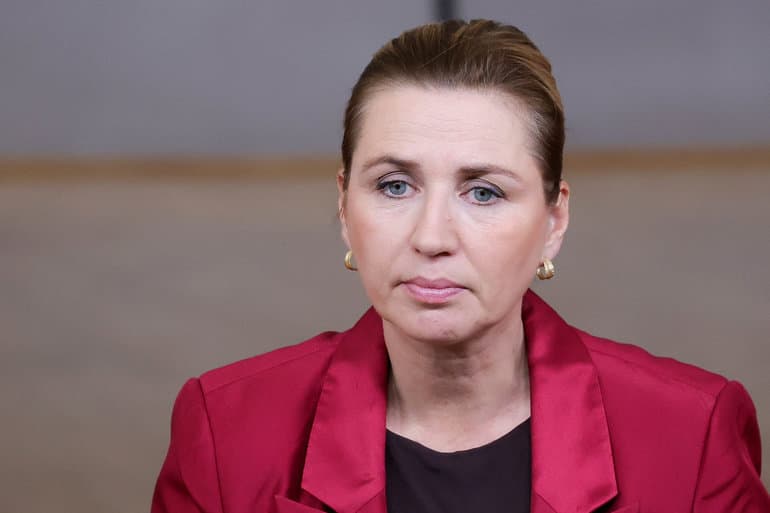
The Danish EU presidency has been fighting an uphill battle to get EU countries to agree to a new 2040 climate target for the EU. On Thursday, however, Denmark came a step closer to getting the target in place, while Denmark sits at the head of the EU table.
At the EU summit in Brussels, the heads of state and government of the 27 EU countries gave their blessing for work on the target to move forward.
However, they are setting several conditions that will help ensure that there is not only an emphasis on climate, but also competitiveness, cheap solutions and flexibility when the EU sets its 2040 climate target. The leaders emphasize, among other things, that climate efforts must be "cost-effective".
This means, among other things, that EU countries must be allowed to use an "appropriate level" of climate credits. They have previously been criticized by climate organizations for being uncertain. Climate credits are investments in projects in third countries that reduce CO2 emissions.
On the way to the EU summit, Mette Frederiksen (S) said that she is "annoyed" by the more critical approach to climate policy in the EU.
- It has been creeping up on us lately. It is probably an expression of the fact that we are so challenged in Europe on a number of agendas that some are afraid that if we go too far on climate, we will not be able to handle it economically, says Mette Frederiksen.
The EU is actually dividing itself between those countries that, like Denmark, believe that the climate transition can be a path to technological progress, growth and new jobs. And then those EU countries that want to protect their energy-intensive industries.
- From the Danish side, we are an example of how you can have almost full employment and a healthy Danish economy, which is linked to the green transition. Many Danes go to work because of the green transition. Not in spite of it, says Mette Frederiksen.
Several countries in alliance
In countries like Poland, Italy, the Czech Republic and Greece, however, the picture is completely different. Here, coal-fired power plants, extensive agriculture and the automotive industry are driving forces for the economy. This group of countries is now also receiving - if not direct support - greater understanding from Germany and France, both of which are struggling with a weakened economy.
Following the discussion at the EU summit on Thursday, the expectation is now that the 2040 climate target will be set at a ministerial meeting on November 4. Here, the decision can be made by qualified majority, so that a single EU country cannot block it.
This may help get the countries behind the EU Commission's proposal that the target be a 90 percent reduction in greenhouse gases by 2040.
If successful, the EU will have reached its goal in no time before the COP30 climate summit in Brazil. That meeting begins on November 10.
- It is both regrettable and a bit absurd that the adoption of the EU's climate goals is so delayed that it might - and only might - be announced a few days before COP30, says the Confederation of Danish Industry's climate chief, Anne Højer Simonsen.
On the other hand, she is pleased that the conclusions from the summit recognize a "positive correlation" between competitiveness, energy security and green transition.
- It is a really important and right development. We hope that this linkage will become a core pillar for the EU in the future. Competitiveness considerations should not be used to undermine our climate transition, on the contrary, says Anne Højer Simonsen.
/ritzau/
Text, graphics, images, sound, and other content on this website are protected under copyright law. DK Medier reserves all rights to the content, including the right to exploit the content for the purpose of text and data mining, cf. Section 11b of the Copyright Act and Article 4 of the DSM Directive.
Customers with IP agreements/major customer agreements may only share Danish Offshore Industry articles internally for the purpose of handling specific cases. Sharing in connection with specific cases refers to journaling, archiving, or similar uses.
Customers with a personal subscription/login may not share Danish Offshore Industry articles with individuals who do not themselves have a personal subscription to Danish Offshore Industry.
Any deviation from the above requires written consent from DK Medier.


























